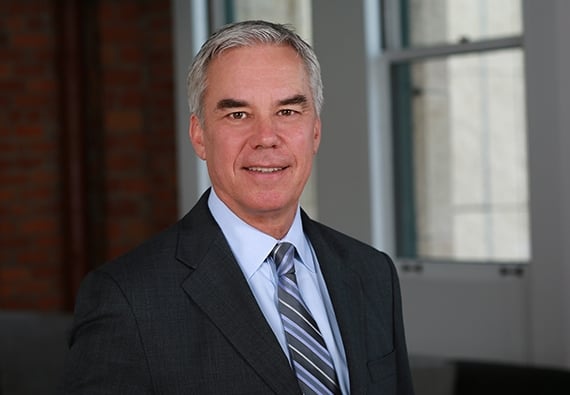California Supreme Court Splits From Federal Law on Commissioned Employee Exemption Compliance
On July 14, 2014, the California Supreme Court clarified the commissioned employee exemption from overtime under California law. In Peabody v. Time Warner Cable, Inc., the court confirmed that calculations necessary to qualify for exemption are to be made for each bi-weekly pay period. Employees must be paid premium wages for any overtime worked in pay periods not qualifying for the exemption.
Susan Peabody had worked for Time Warner Cable, Inc. (Time Warner), as a commissioned salesperson receiving paychecks bi-weekly. Every other week, Time Warner paid Peabody what equated to $9.61 per hour, assuming a 40-hour workweek. About every other pay period, Time Warner also paid her commission wages under its account executive compensation plan. Time Warner treated Peabody as exempt from overtime as a commissioned employee, which requires that employees (1) earn at least 1.5 times minimum wage, and (2) earn half of their compensation in commissions.
After termination, Peabody filed a putative class action in federal court alleging that she had worked overtime and did not earn 1.5 times minimum wage in all pay periods. Time Warner responded that Peabody’s periodic commission payments brought her monthly earnings above that threshold. The United States District Court and Ninth Circuit Court of Appeals agreed with Time Warner, granting summary judgment against Peabody, but the Ninth Circuit asked the California Supreme Court to review the case.
The California Supreme Court reversed the federal court decisions, finding that the commissioned employee exemption depends upon payments made each pay period. It rejected Time Warner’s argument that the 1.5 minimum wage calculation should be made based upon the month in which the compensation was earned. Rather, it held that employers must base the calculation upon each pay period in which compensation was paid. The court also observed that commissioned employees must be paid bi-monthly.
Thus, to meet the commissioned employee exemption, the Peabody court found that each bi-monthly pay period must include compensation equal to no less than 1.5 times minimum wage. Work performed in any pay period not qualifying for the exemption must include appropriate premiums for overtime hours. (The court expressly reserved judgment as to whether the requirement that at least half of earnings be commissions must be satisfied bi-weekly as well.) The court acknowledged that California deviates from federal law, which allows commissioned employees to be paid monthly and qualify for the exemption based upon monthly compensation.
The Peabody decision is critically important to employers with commissioned salespeople. It requires that employers ensure that such employees are assured of receiving 1.5 times minimum wage in every bi-monthly paycheck. The decision also raises the possibility that at least 50% of each bi-monthly paycheck come from commissions. Employers should consider restructuring their commission programs to ensure that commissions and base pay are adequately spread between bi-monthly paychecks to ensure compliance with the Peabody decision.


